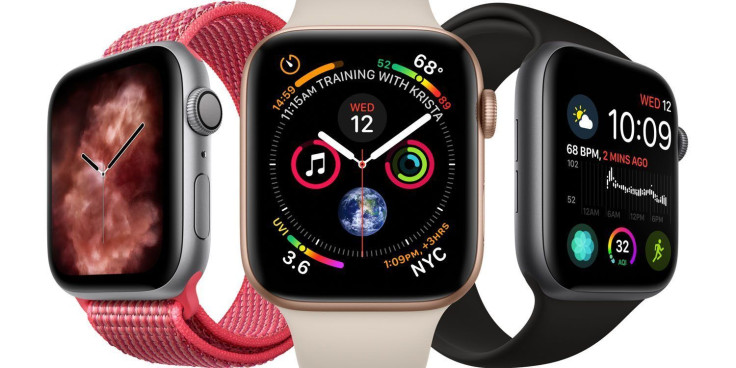New York Doctor Claims Apple Infringed His Patent For Monitoring Irregular Heartbeats

KEY POINTS
- A doctor is suing Apple for allegedly infringing his patented method for detecting irregular heartbeat
- The doctor said in 2017, he gave Apple detailed information about the patent
- He asks the court to order Apple to pay him royalties and stop using the invention without his permission
The Apple Watch has been one of Apple's most successful and useful line of devices ever. Aside from being used to tell time, it is also used to keep track of a person's activities, notify him of reminders, and help monitor a person's health.
The latest models also help people know if the noise around them is too loud, helps keep track of a woman's monthly cycles, and contact emergency services in the event of a hard fall or if the user collapses and is unable to get up. Indeed, the Apple Watch is very useful.
Recent reports, however, reveal that according to a doctor from New York, one of the Apple Watch's key features belong to him and that Apple has been using it without his permission. According to Bloomberg, New York University cardiologist Dr. Joseph Wiesel has filed a suit against Apple for infringing on his patent for a method used to detect irregular heartbeat patterns.
Wiesel said he first contacted the Cupertino tech giant in 2017 and gave the company detailed information about his patent. His patent, according to him, included “pioneering steps” in detecting irregular heartbeat, more known as atrial fibrillation, by monitoring “irregular pulse rhythms from a succession of time intervals.”
The cardiologist, who also teaches at the NYU School of Medicine, said Apple has “refused to negotiate in good faith to avoid this lawsuit.” He is asking the court to order the Cupertino tech giant to pay him royalties and stop using the allegedly patented invention without his permission.
Apple Watch and healthcare
Apple promotes the Apple Watch as being capable of detecting irregular heartbeats. This feature, called AFib Notifications, has been recognized by many professionals in the healthcare sector, and has made the wearable as the device of choice for a variety of studies and projects.
For one, the Apple Watch was used in the largest heart arrythmia study ever, one that had more than 400,000 people using the device to monitor and share their heart rate data. The device's ECG monitor is so popular and effective that other companies are reportedly trying to mimic it for their own devices.
The Apple Watch is also used to help doctors in California monitor and keep patient records so they are more able to provide medical assistance to them.
© Copyright IBTimes 2024. All rights reserved.




















